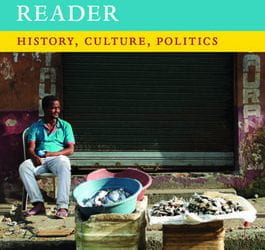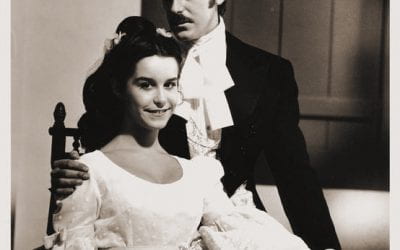Mother and Son
My mother, Lilia de la Carrera (1921-2012), was a fan of telenovelas. In fact, she began to listen to such programs on radio well before they became common fare on Cuban television in the 1950s. She followed El derecho de nacer as if it were both real and urgent to listen to its evolving account.
I have no recollection of the specific content of any telenovela from those years but I do have a distinct recollection that my mother and I together watched at least one. The general topic was the relationship between a mother and her son. That seemed a good descriptor for the two of us and, more importantly, watching it together made it easier for me as a young teenager, and for her as the mother of such a creature, to chat about the topics that flickered on the TV screen.
One virtue of telenovelas, in Cuba and more generally across Latin American countries, is that they do end, in contrast to the multi-year multi-character multi-themed such programs on U.S. television. The telenovela about the mother and the son ended one day, just on the eve of our family’s emigration from Cuba, as if the script writer, the director, and the actors decided their job was done, and now was the time for us to get on with the rest of our lives.
Fall 2017, Volume XVII, Number 1
Jorge I. Domínguez is Antonio Madero Professor for the Study of Mexico in Harvard’s Government Department
Related Articles
Jane the Virgin
Jane the Virgin, a current television series, makes a compelling case for the U.S. mainstream television and the presence that Latina/os have within that market. The show represents a…
The Colombia Reader: History, Culture, Politics
Fifteen-plus years ago, historian David Bushnell argued in his widely read textbook that Colombia was the least studied and probably the least understood major country in Latin America…
First Take: Our Telenovela, Ourselves
English + Español
that has shaped identities and enacted a multiplicity of roles for Latin Americans in their daily lives. Diverse and ambiguous ways of being and belonging to the world’s popular cultures are…




